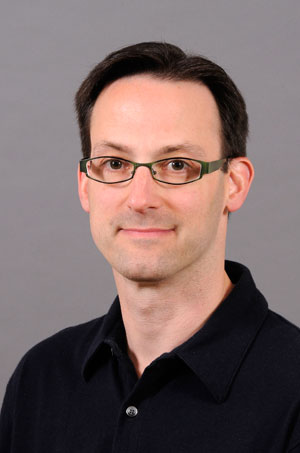Dickinson College
Faculty Profile
David Kushner
Professor of Biology (2003)Contact Information
Rector North
717-245-1328
Bio
Prof. Kushner teaches courses in microbiology, virology, and RNA biology. His research combines genetics and cell and molecular biology with genomic and bioinformatic approaches to understand interactions between viruses and their hosts, and also uses evolution-based approaches to understand the relationship between viral RNA sequence, structure, and function. Prof. Kushner also has led the development of curriculum guidelines for undergraduate virology courses, and currently is the co-Chair of the Education and Career Development Committee of the American Society for Virology (ASV) and serves on ASV Council.
Education
- B.S., Haverford College, 1993
- Ph.D., University of Pennsylvania, 1998
